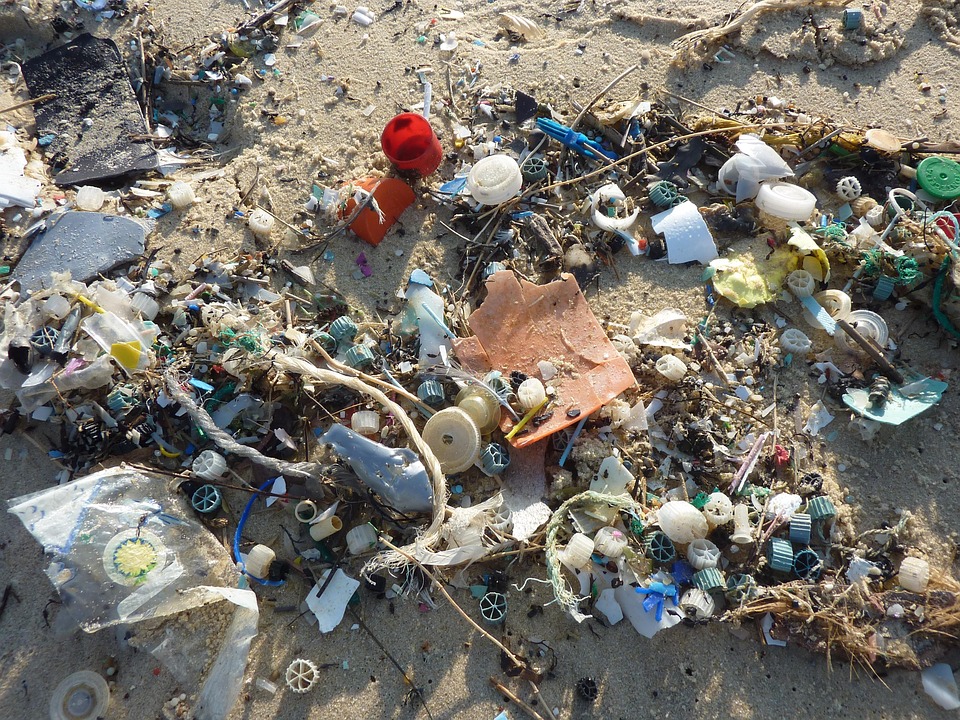Lets work together



Suite 3A, Chapel Allerton House, 114 Harrogate Road, Leeds, LS7 4NY
ukinfo@integrated-skills.com
+44 (0) 3300 888 670

“Waste is the new narcotics,” famously pronounced the head of the Environment Agency. Sir James Bevan was highlighting that it took years before we realised what a huge problem the illicit drugs trade was causing to communities ,and that illegal waste dumping is following a similar trajectory. Awareness has been slow to build. Fly tipping is probably the only fairly visible sign of this type of widespread criminal activity and that really is just the tip of the iceberg.
“It’s not really a crime, is it? Not like robbing a bank.”
Landfill Tax that started in 1996 at a rate of £7 per tonne (£13 at today’s values) has steadily risen to its 2018 rate of almost £90. The purpose was to act as an incentive to use recycling and cut down on landfill sites. But it represents a financial incentive for criminal activity – waste producers can easily pay far less to a shady waste carrier or a man with a van/truck knowing that illegal dumping will take place but having no fear of consequences. Crime waste is not perceived in the same way as mugging or car theft, for example. Detection is often a matter of luck rather than anything else. For example, how could one determine what has been buried in a licensed landfill site without carrying out extensive excavation? And that’s just legal sites. Illegal sites are unlikely to have been prepared to any environmental safety specification and are just unmanaged holes in the ground in all probability.
Financial Cost Of Waste Crime In The UK
The true cost cannot be accurately calculated because all incidents have not been detected. Many probably never will. Recent estimates put the financial cost at between £600 million to £700 million annually and others put it closer to £1bn. That covers clean-up as well as detection and prosecution of crimes. Fly tipping heads the list of what illegal waste activities cost us the most but it is not the most dangerous or insidious. That mantle probably falls to illegal waste sites and breaches of license conditions at official sites.
Who Ends Up Paying The Bill?
Everybody pays in the end, including those who don’t know what waste crime is apart from seeing the occasional fly tipping incident. As always, the taxpayer foots the bill and will continue to do so, year after year, until the climate of ignorance and acceptance changes and leads to awareness and an outcry. However, because waste crime is largely invisible, it may require one or more serious health and safety incidents to hit the headlines and stir the public’s anger. Waste crime will not be curtailed soon.
At Integrated Skills we offer a range of waste management, logistics and business process solutions to empower your business to cut costs and boost productivity. To request a demo or find out more, please call 02380 737 983.
Would you like to know more about What Is The True Cost Of “Waste Crime”, And Who Ends Up Paying The Bill?? Fill in your details below and let us know how we can help.
Website Designed & Built by we are CODA